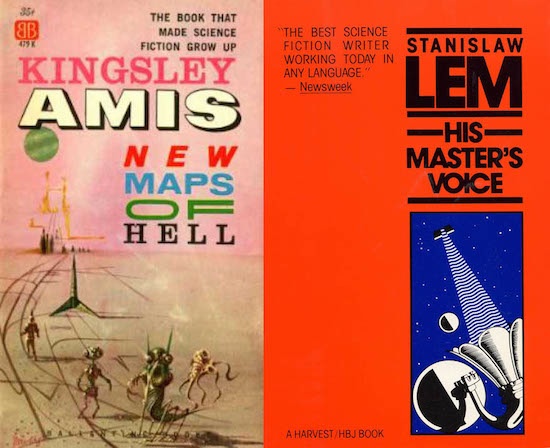Literature is interdisciplinary by nature, and the world showed us how this week. From visual art exhibitions and a reading of the Universal Declaration of Human Rights in Hong Kong to a music festival infiltrated by writers in Slovakia and a commemoration of the late sociolinguist Jesús Tuson in Catalan, there is much to catch up on the literary world’s doings this week.
Hong Kong Editor-at-Large Charlie Ng Chak-Kwan brings us up to speed:
Themed “Fictional Happiness,” the third edition of Hong Kong Literary Season ran from June to late August. The annual event is organised by one of the most important Hong Kong literary organisations, the House of Hong Kong literature. This year the event featured an opening talk by Hong Kong novelist Dung Kai-cheung and Taiwanese writer Luo Yijun, a writing competition, an interdisciplinary visual arts exhibition, and a series of talks, workshops and film screenings. Five visual artists were invited to create installations inspired by five important works of Hong Kong fiction in response to the exhibition title, “Fictional Reality: Literature, Visual Arts, and the Remaking of Hong Kong History.”
Interdisciplinary collaboration has been a hot trend in the Hong Kong literary scene recently. Led and curated by visual artist Angela Su, Dark Fluid: a Science Fiction Experiment, is the latest collection of sci-fi short stories written by seven Hong Kong artists and writers. The book launch on September 2 took place at the base of Hong Kong arts organisation, “Things that Can Happen,” in Sham Shui Po. The experimental project was initiated as an artistic effort to reflect on recent social turmoils through scientific imagination and dystopian visions. The book launch also presented a dramatic audio adaptation of one of the stories, “Epidemic Investigation,” from the collection.
On September 6, PEN Hong Kong hosted a bilingual reading session (Cantonese and English) as part of the International Literature Festival Berlin (ILB) at Art and Culture Outreach (ACO) in Wan Chai. About twelve Hong Kong writers, journalists, and academics participated in “The Worldwide Reading of the Universal Declaration of Human Rights” by reading excerpts of their choice from works that deal with issues of human rights.
Amid the literary and artistic attention to Hong Kong social issues and history, local literary magazine, Fleur de Lettre, will take readers on a literary sketching day-trip in Ma On Shan on September 9. During the event named “August and On Shan,” participants will visit a former iron mine in Ma On Shan to imagine its industrial past through folk tales and historical relics. READ MORE…








